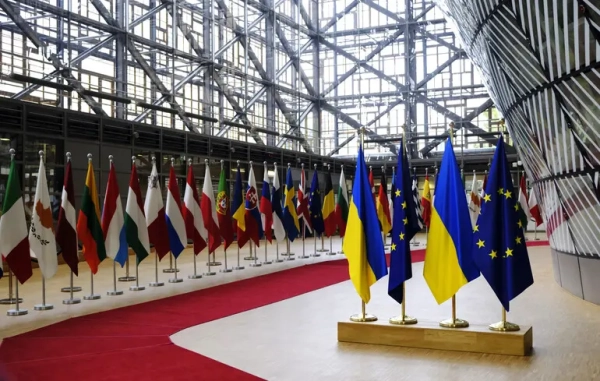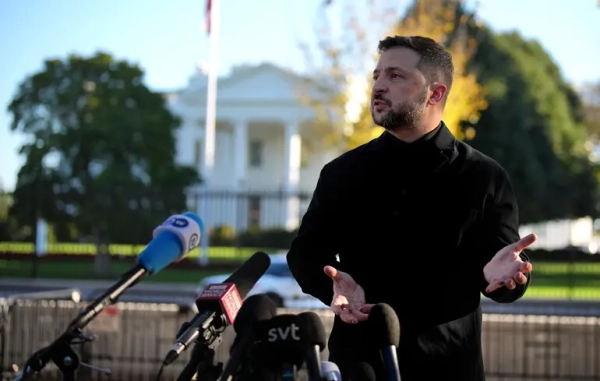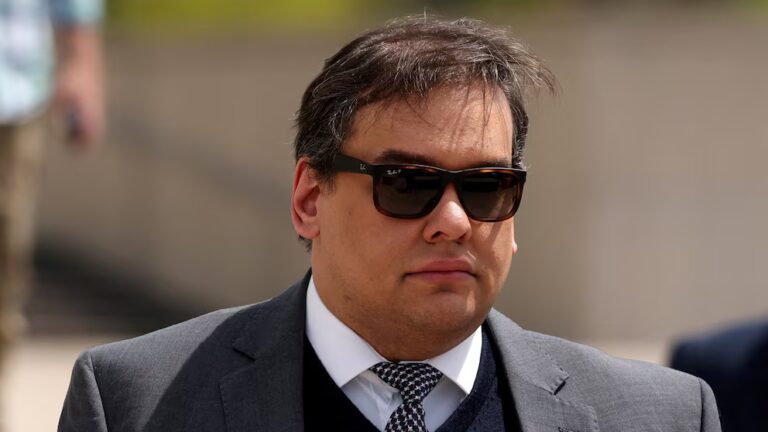
© depositphotos/Ale_Mi A “creative” scheme is currently under deliberation.
The European Union is contemplating admitting new states without granting them complete voting entitlements initially. This strategy, according to its originators, could diminish opposition to expansion from several nations, Hungary included, and ease the pathway for Ukraine, Moldova, and other applicant countries to become members.
This information comes from Politico, citing accounts from three European diplomats and a high-ranking EU official knowledgeable about the proposal’s discussion.
The concept involves new entrants gaining all the primary advantages of EU membership, but their veto authority would be temporarily curtailed until institutional overhauls are executed to improve decision-making efficiency within the Union. Notably, this would entail transitioning to a qualified majority voting system in most policy sectors.
“Future members should consent to relinquishing their veto powers until crucial institutional modifications are implemented,” asserted Anton Hofreiter, the head of the German Bundestag’s European Affairs Committee. “Enlargement shouldn’t be impeded by obstruction from individual member nations.”
As per Politico, the proposition is undergoing informal discussions among EU member countries and the European Commission. Its intention is to sidestep the requirement to amend the Union’s foundational treaties, which is presently deemed politically impractical.
The governments of Austria and Sweden are backing the idea, aiming to revitalize the enlargement procedure, which is currently stalled by numerous countries, Hungary among them. It is Budapest, alongside certain other capitals, that is voicing worries that the novel members might generate increased competition in domestic marketplaces or impact the security realm.
The European Union has proclaimed enlargement as one of its key strategic goals amidst Russia’s aggressive actions. The blueprint to augment its membership from 27 to approximately 30 within the ensuing decade has also exposed profound rifts among nations.
The President of Montenegro, Jakov Milatović, whose nation is an applicant for accession, emphasized that it’s time to reignite the momentum of enlargement.
“Croatia was the most recent country to accede to the EU over a decade ago. Now is the moment to rejuvenate the procedure and remind everyone that the European Union continues to be an appealing alliance,” he stated.
Deputy Prime Minister of Ukraine for European and Euro-Atlantic Integration Taras Kachka also advocated for “innovative” tactics to unlock the negotiations.
“We cannot delay. We must discover a resolution promptly – this is vital not just for Ukraine, but also for the entire European Union,” he emphasized.
Previously, the media reported that no mechanism exists to override the Hungarian veto, and the determination to commence negotiation clusters with an applicant nation is made exclusively unanimously. Consequently, the initiation of negotiation clusters between Ukraine and the EU can only commence following the parliamentary elections in Hungary in April 2026, provided Orban’s party forfeits its majority.






